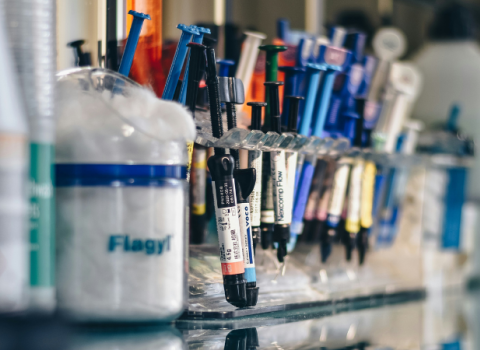Karolinska Institutet and the Institute of Advanced Biomedical Engineering and Science at Tokyo Women’s Medical University, Japan, have agreed to collaborate on the development of clinical applications that integrate cell sheet engineering technology developed under Teruo Okano, director of the Institute of Advanced Biomedical Engineering and Science, and Karolinska Institutet’s stem cell research expertise and clinical platform.
“We’re currently facing a very exciting era defined by the integration of engineering and medical sciences,” said Agneta Richter-Dahlfors, director of the Swedish Medical Nanoscience Center at Karolinska Institutet.
Okano’s cell sheet engineering process draws on nanobiotechnology and polymer science to enable the cultivation of a single layer of cells, which can be detached as a sheet of cells from the culture surface. These sheets retain their adhesive proteins and can thus be attached to patients’ organs, or layered to create tissues.
Okano has already developed various clinical applications of cell sheet technology, for example, a therapy for regenerating the cornea using cells derived from the patient’s oral mucosa, which is currently undergoing clinical trials.
Okano said, “We’re convinced that our collaboration will drive the further development of new standardised cell sheet engineering therapies for regenerative medicine for patients around the world.”
The collaboration will also involve an exchange programme of students and academic staff.





 A unique international forum for public research organisations and companies to connect their external engagement with strategic interests around their R&D system.
A unique international forum for public research organisations and companies to connect their external engagement with strategic interests around their R&D system.